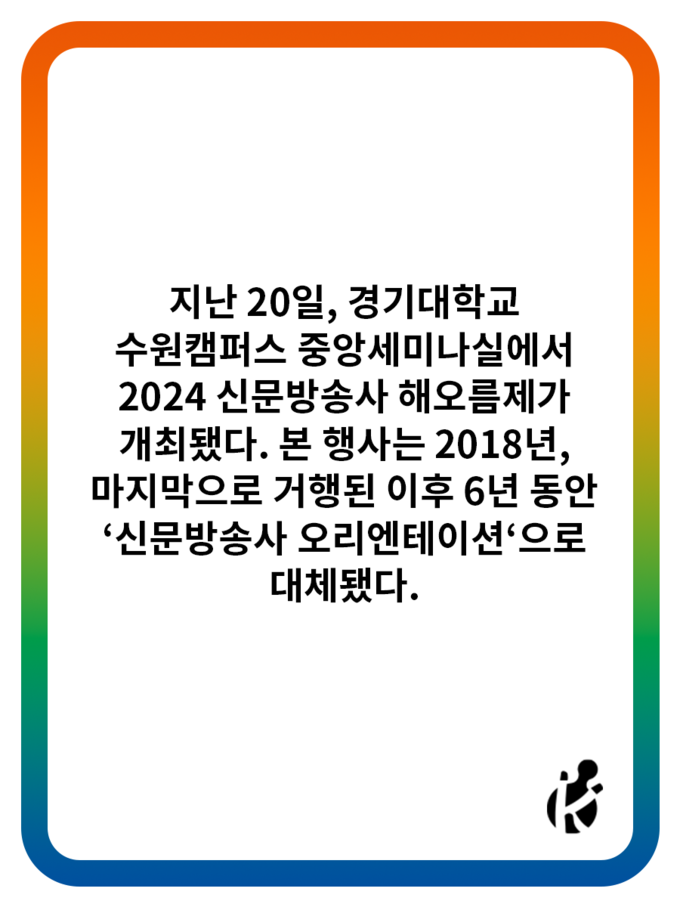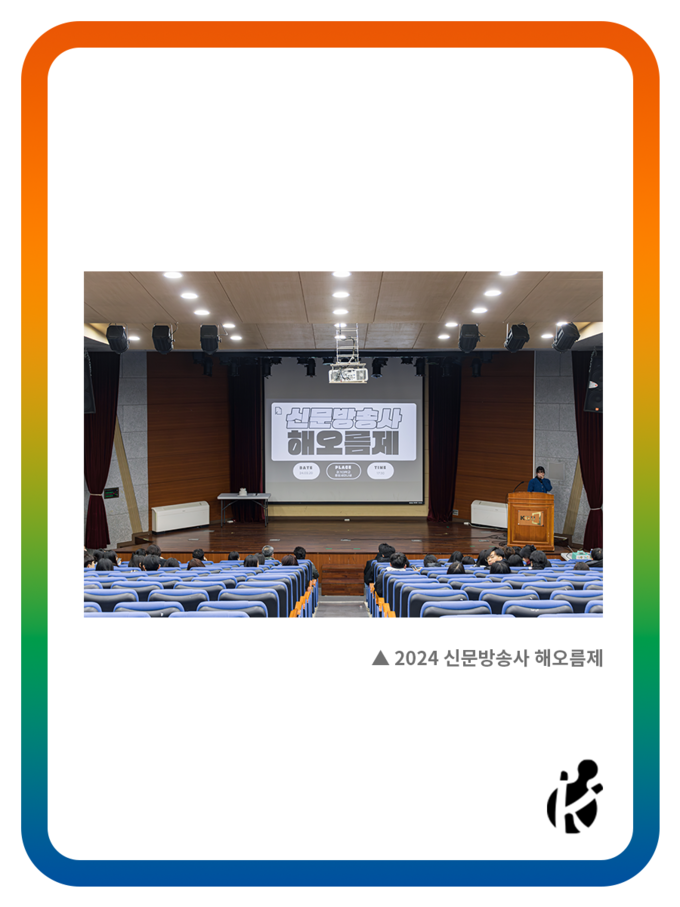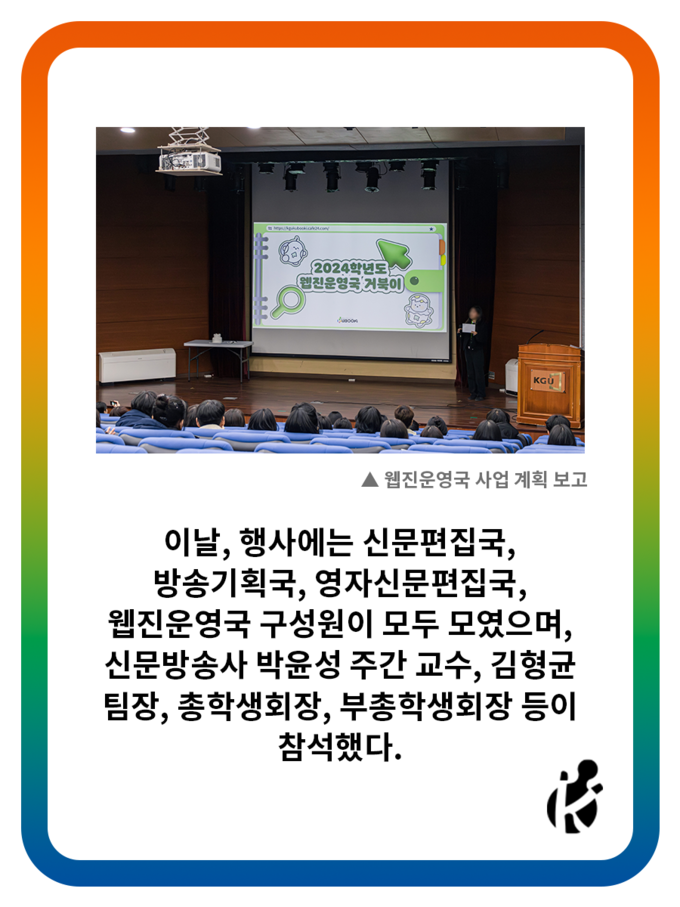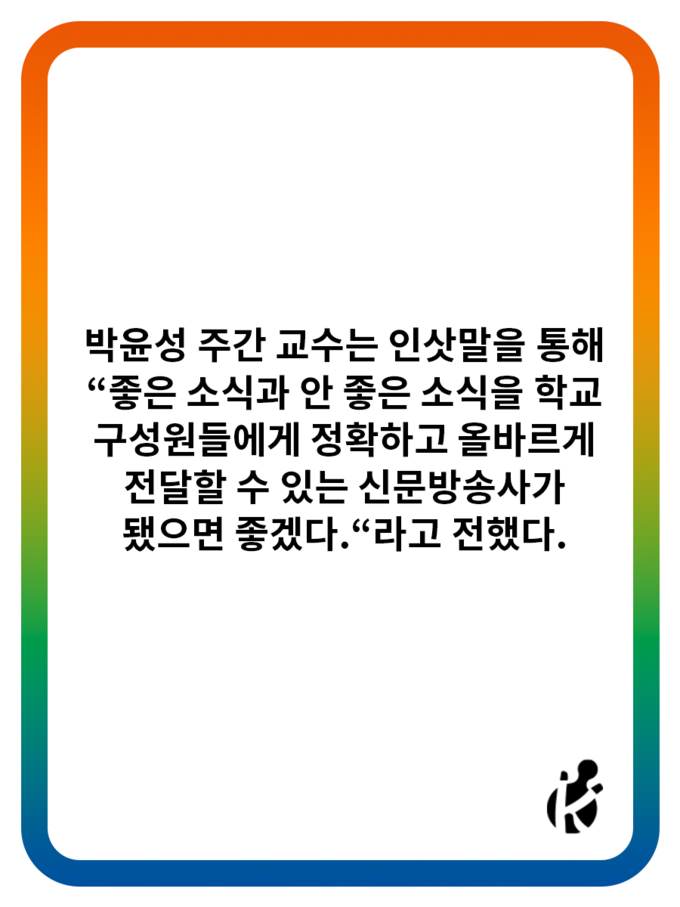Vegan is a word often used with regard to diet. The first conception of vegan was defined by the non-profit organization Vegan Society in the UK in 1994. Vegan means a complete form of vegetarianism where the individual doesn’t eat meat or any other animal products such as eggs or milk. There are various reasons for seeking veganism. Here are three big ones: First, for personal health; second, for the conservation of nature; and third, to protect animal rights. Recently, the beauty industry has begun to pay attention to veganism. As a result, many cosmetic companies have released a variety of vegan cosmetics to satisfy consumers’ demands. Let’s find out exactly what vegan cosmetics are and why they are so popular.
Vegan cosmetics are distinguished from organic cosmetics and natural cosmetics. Only products that do not contain animal-based and animal-derived ingredients are defined as vegan cosmetics. In addition, products that have been tested on animals are not acknowledged as vegan products, even if they do not contain animal ingredients. The standards for vegan cosmetics are stricter than those of organic cosmetics or natural cosmetics because products including animal ingredients can also be recognized as organic cosmetics. Don’t make the mistake of equating organic cosmetics with vegan cosmetics. In addition, not all cruelty-free cosmetics that do not conduct animal experiments are vegan cosmetics because some cruelty-free cosmetics use animal ingredients. In Korea, the Korea Vegan Certification Institute has provided a vegan cosmetic certification service since 2018. The Korea Vegan Certification Institute isequipped with scientific systems such as animal genetic detection experiments.
Recently, cosmetic companies are not only focusing on ingredients but also on the packaging, reflecting consumers’ needs. Many companies are trying to reduce environmental pollution in packaging, such as using starch loose-fill are recyclable glass. Various efforts by cosmetic companies for “vegan beauty”, such as developing paper container technology to lower plastic use and selling products in reusable containers, received favorable reactions from consumers. This is evidence that vegan products focus on ethical consumption.
The reason why the public is paying attention to vegan lifestyles is that the MZ generation, the main consumers, seeks out products that are in line with their beliefs, such as environmental protection or ethical management. MZ generation is a term that combines the millennial generation and Z generation. Although the criteria for separating generations vary slightly from scholar to scholar, they usually classify baby boomers and children of the n86 generation as the millennial generation and people who were born after 1995 as the Z generation. Therefore MZ generation can be defined as the generation in its 20s and 30s born since 1980. The MZ generation strongly demonstrates their tendency to reveal their political leanings and beliefs through what they consume. This consumption trend of the MZ generation is compared to that of the previous generation, which valued product quality and price. And this tendency of the MZ generation seems to have developed the vegan lifestyle trend.
Consumption of vegan cosmetics is also a means to express the value that consumers emphasize beyond simple consumption. You can oppose animal exploitation by consuming products that have not been tested on animals and contribute to the preservation of the environment by purchasing cosmetics which use recyclable packaging materials. Why don’t we expand the influence of “vegan” from the table to cosmetics for sustainable development in which the earth and humans coexist? Your small participation can be a great help to save the earth.
76th Cub Reporter•KIM HyeonA•hangitup@kyonggi.ac.kr
- TAG
-
 What Happened in KGU? : 수원캠퍼스 학생총회 편
On April 4th, a general meeting of students was held in the Tele-convention center at the Suwon campus. The contents were the same as the general meeting of students in the Seoul campus: the first part was for agenda announcement, the second part was about the Membership Training for whole university, and the third part was simple Q&A time. In the first part, the agendas were all the same as the ones for the Seoul campus, and the result of the ...
What Happened in KGU? : 수원캠퍼스 학생총회 편
On April 4th, a general meeting of students was held in the Tele-convention center at the Suwon campus. The contents were the same as the general meeting of students in the Seoul campus: the first part was for agenda announcement, the second part was about the Membership Training for whole university, and the third part was simple Q&A time. In the first part, the agendas were all the same as the ones for the Seoul campus, and the result of the ...

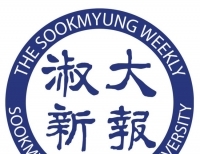 [타 대학보 축사] 경기대신문의 1100호를 진심으로 축하드립니다
[타 대학보 축사] 경기대신문의 1100호를 진심으로 축하드립니다
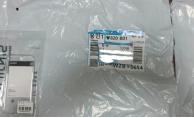 [와이파이] 큰 박스에 달랑 물건 하나, 과대포장 규제 정책 시행은 언제쯤
[와이파이] 큰 박스에 달랑 물건 하나, 과대포장 규제 정책 시행은 언제쯤
 [문화산책] 이 세계는 멋져 보이지만 모두 환상이야
[문화산책] 이 세계는 멋져 보이지만 모두 환상이야
 [네컷만화] 학생총회
[네컷만화] 학생총회

 목록
목록








